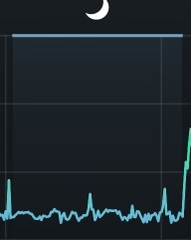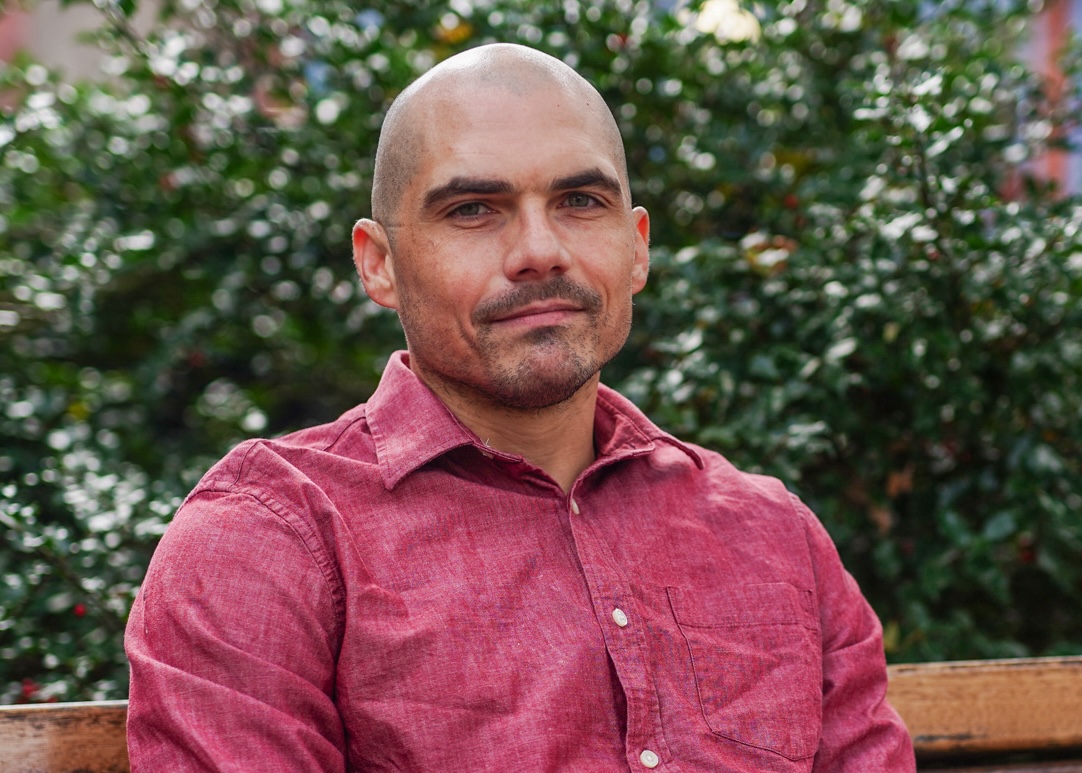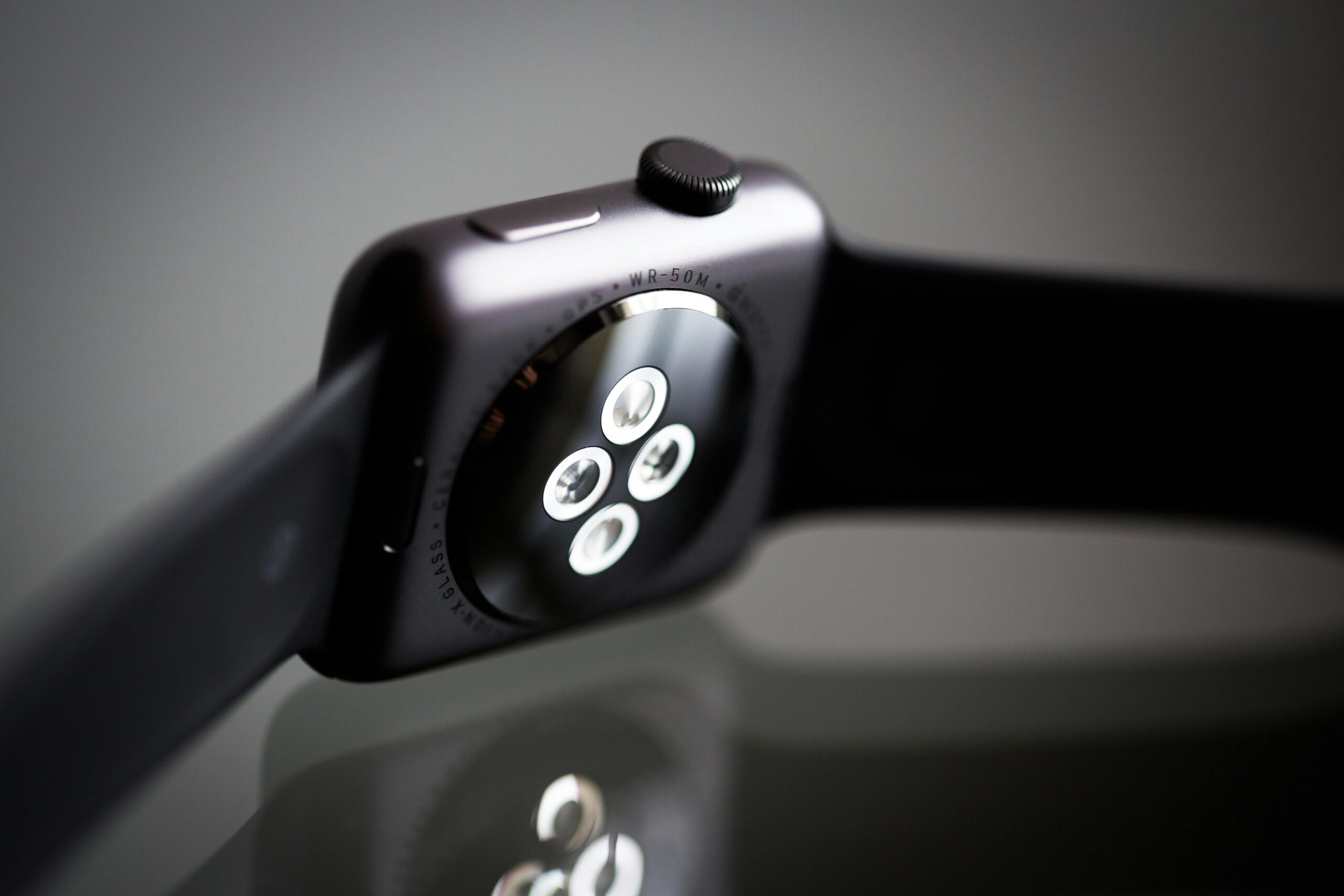
- May 22, 2024
- By
In today's world, wearable fitness technology has become a staple in our daily lives. Many of us use these devices to track physical activity and sleep patterns, but few leverage them to evaluate and address emotional health. In this guide, I'm going to share how you can use your wearable tech to support emotional well-being by focusing on key metrics and incorporating effective coping strategies.
My Wearable Journey
I got my first Fitbit several years ago, around 2018. At the time, I was working at the Family Court Clinic in TriBeCa, NYC, and lived in Hudson County, NJ. I used it mainly to track steps, but it soon found its way into a drawer, forgotten and dead.
Fast forward to Christmas 2020, during the pandemic, when I received a Fitbit Versa. This time, I was exercising more and used it to track heart rate and movement. But again, it ended up in a drawer after my routine fell apart.
Everything changed in 2021 when my daughter was born. This newfound sense of responsibility made me rethink my health. I joined a gym and started training in Brazilian Jiu-Jitsu (BJJ), which reignited my passion for fitness. During this period, I discovered the Whoop Strap, which helped me optimize my sleep and exercise schedule. Unlike previous devices, the Whoop became an integral part of my life, providing valuable insights into my emotional health.
Key Metrics for Emotional Health
While wearables offer a plethora of data, two metrics stand out for emotional well-being:
1. Sleep Stress
When we sleep, our bodies should be at rest. High sleep stress indicates a problem. If you don't have a physical sleep disorder, high sleep stress could be a sign of anxiety.
For example, here's a typical night for me when I'm stress-free and maintain good sleep hygiene:
Contrast that with a night after a few beers with friends during a snowboarding trip:
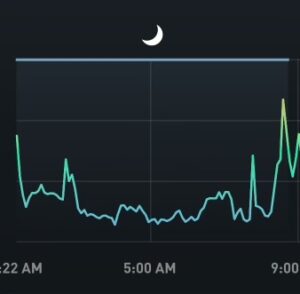
Notice the elevated stress levels. Alcohol significantly impacts sleep quality, but that's a topic for another day. Here's another example for a night with high anxiety - this was uncomfortable:
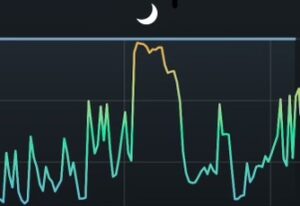
Ideally, your sleep stress should be minimal, leading to a refreshed feeling the next day.
2. Non-Activity Stress
Your body should be at rest during downtime. High-stress levels while relaxing indicate underlying anxiety. For instance, while watching TV in the evening, your stress levels should be low. If not, it's a sign to incorporate anxiety coping tools.
Coping Strategies for Anxiety
Addressing high non-activity and sleep stress involves managing anxiety. Here are two effective techniques:
Open-Eye Meditation
Open-eye meditation helps focus your mind when you just want to relax but can't stop thinking. It's not avoidance; it's giving yourself permission to escape and rest. Focus on something in your environment to train your attention away from stressors.
Breathwork
Breathing techniques like box breathing can help regulate your physiological state. Practice this regularly to make it a second nature response. Ensure you're breathing with your diaphragm—your belly should rise, not your chest.
Conclusion
Wearable fitness technology can be a powerful tool for emotional health if used correctly. By monitoring sleep and non-activity stress, you can gain insights into your emotional well-being and take steps to manage anxiety. For more tips, check out my Sleep Blog, Anxiety Blog, or Coping Tools Blog.
Start leveraging your wearable today to improve not just your physical health, but your emotional well-being too.
You Might Also Like

- February 3, 2025
- By
Sleep is more than just rest; it’s the body’s way of repairing, recharging, and preparing for the day ahead. While it may feel like a simple nightly ritual, the quality of your sleep is deeply influenced by what’s happening in your gut and what’s on your plate. Nutrition plays a pivotal role in fostering both […]
Read More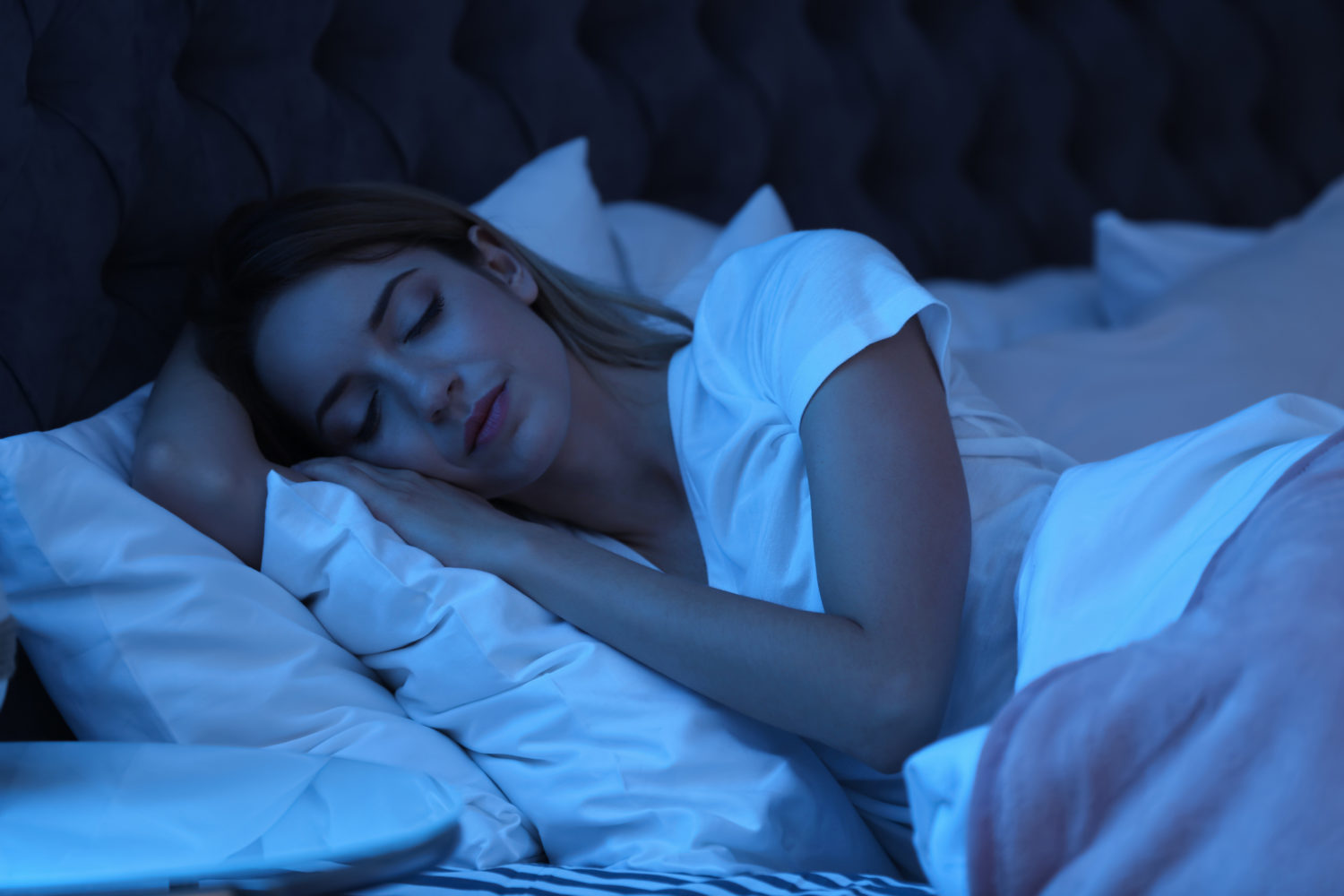
- January 27, 2025
- By
Sleep and Mental Health: The Connection When we wake up after a night of poor sleep, we are tired, lethargic, and grumpy. But did you know there is a connection between sleep and your mental health? It turns out that missing a few winks could have an impact on your overall mental health and well-being. […]
Read MoreNewsletter Sign up
Receive exciting updates from NouraLife, don't worry we only send meaningful emails.


